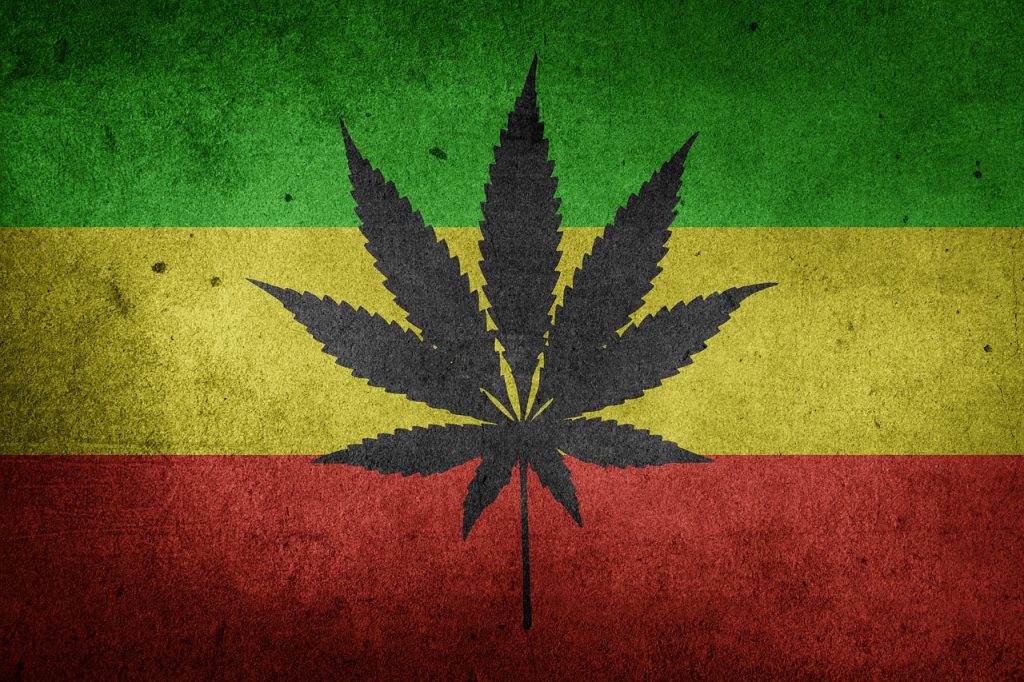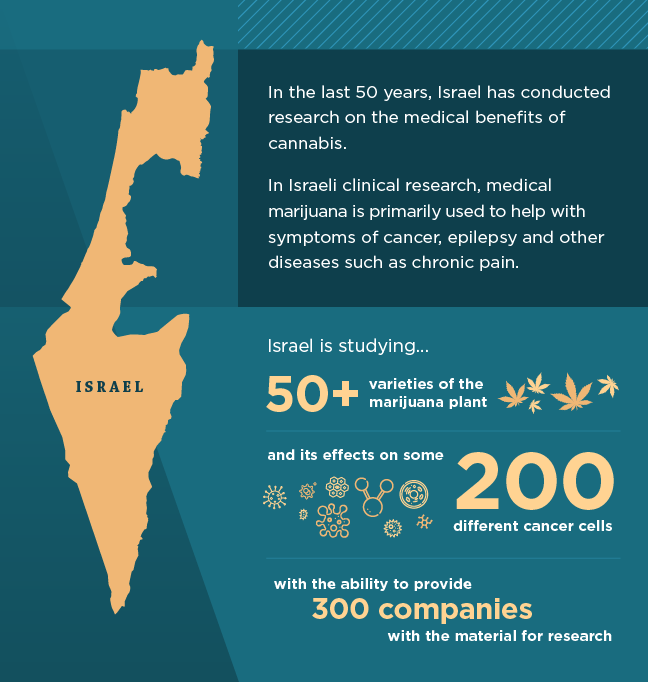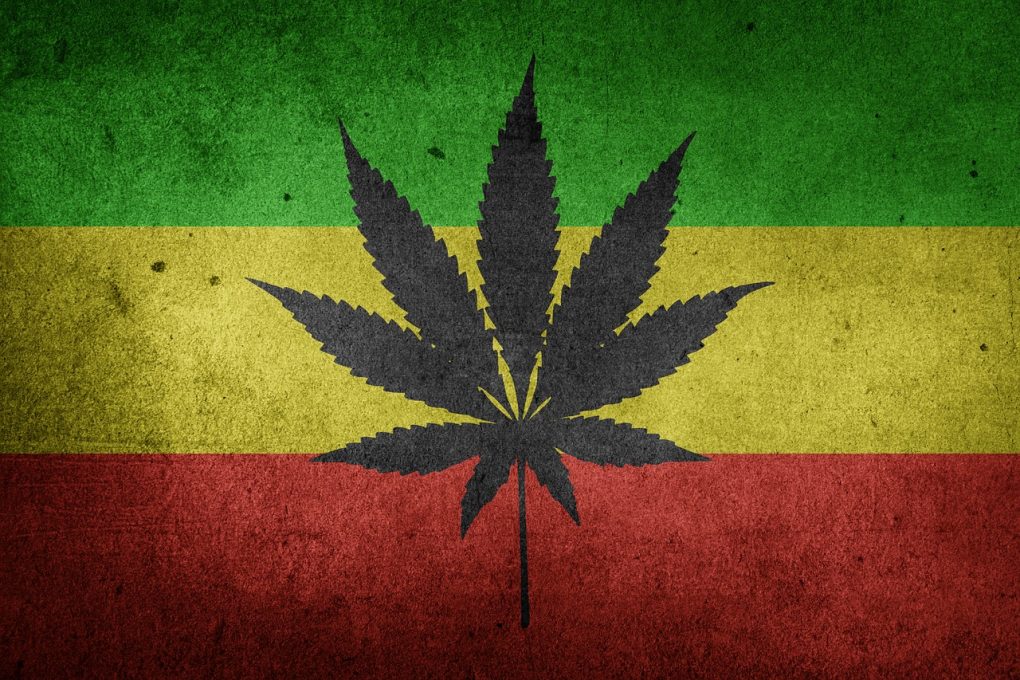4 Countries Doing Better Than the U.S. on Legalization

By Corinne Keating
We have made great strides toward marijuana legalization in the United States — currently the drug is legal in 29 states plus the District of Columbia for medicinal use, and in seven states for recreational use.
In spite of these advances, however, we’re well behind the rest of the world when it comes to legalization or even decriminalization. The federal government still considers cannabis to be a Schedule I drug, putting it in the same category as heroin and other dangerous drugs. What countries are doing better than the United States when it comes to marijuana legalization? Here are four of them.
Widget not in any sidebars
Uruguay
Uruguay fully legalized marijuana in 2013, allowing citizens to cultivate plants in their home for personal use, form grow clubs to grow more plants and purchase marijuana legally. The caveat here is that all purchases have to be registered through the country’s government and are limited to 40 grams a month per person.
Sales are supposed to be handled by a network of government-run dispensaries because it allows the government to keep track of the sales — but for most people, the plants that they are allowed to keep in their home provide a sufficient amount of the drug.
The goal here wasn’t to encourage people to smoke marijuana, but rather to take the power away from the black market marijuana sellers who were peddling the plant from Paraguay. Today, they’re selling marijuana over the counter in pharmacies — but only to citizens or permanent residents of the country.
Israel
Israel is being called the holy land of marijuana — medical marijuana at least. While it isn’t legal for recreational use, scientists in Israel have been studying medical marijuana for the last 50 years — observing its effects on more than 200 different cancer cells and cataloging the effects of more than 50 different marijuana strains.

Unlike the United States, which limits their researchers to marijuana grown on one single farm in Mississippi, more than 300 companies in Israel are being provided with the materials to continue their research into medical marijuana.
In March of 2017, the country also decriminalized the drug. Individuals caught with marijuana that hasn’t been prescribed for medical use will be fined, but no criminal charges will be filed unless the individual reoffends three more times. It’s not legalization, but it’s definitely a step in the right direction.
Canada
Canada has been working toward a medical marijuana program since 1999 with the introduction of an exception to the Controlled Drugs and Substances Act. Once the Marijuana Medical Access Regulations were implemented in 2001, doctors were able to prescribe medical marijuana for their patients if it was deemed necessary. These individuals were also able to grow their own plants to maintain their supply, designate someone to grow marijuana plants for them or purchase their medical marijuana directly from Health Canada.
The law has grown and changed over the years, but it has always been specifically for medical purposes. This year, Prime Minister Justin Trudeau introduced legislation to legalize recreational use of marijuana as well. It won’t go into effect soon — Trudeau is hoping to have the system ready to support sales by the middle of 2018, but it eliminates the ambiguity that surrounds marijuana use in the United States.
Netherlands
 Marijuana has been ‘loosely legal’ in the Netherlands since the early 1970s. At the time, the country was experiencing a rather expansive heroin problem and was running out of resources to address both the heroin problem and the growing popularity of cannabis. In 1972, they decided that cannabis was comparable with alcohol or tobacco use and decriminalized the drug to free up law enforcement resources.
Marijuana has been ‘loosely legal’ in the Netherlands since the early 1970s. At the time, the country was experiencing a rather expansive heroin problem and was running out of resources to address both the heroin problem and the growing popularity of cannabis. In 1972, they decided that cannabis was comparable with alcohol or tobacco use and decriminalized the drug to free up law enforcement resources.
You can still be charged for being stopped with large amounts of cannabis — between five and 30 grams results in a fine and more than 30 grams is considered a crime, punishable by a fine and/or prison time. That said, marijuana is considered a ‘soft drug’ and can be purchased in coffee shops, though you can only purchase up to five grams at a time.
What It Might Mean for Marijuana in the U.S.
The United States is taking steps toward legalization and decriminalization, but those steps will continue to be few and far between while the federal government still considers marijuana to be a Schedule I drug.
Hopefully, the U.S. legislators will start to look around and take a leaf — no pun intended — out of some of the countries that have legalized cannabis or are in the process of legalization to see what they can do to change the process in our country.
Corinne Keating is a health and wellness writer and enthusiast. When she isn’t writing for her blog, Why So Well, you can find her hiking, biking, or at the nearest coffee shop.


